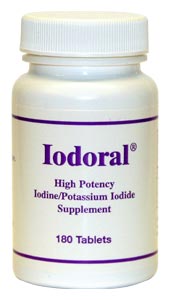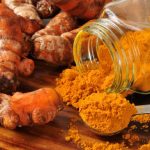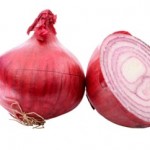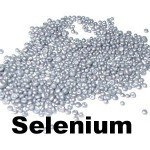What is Iodine?
Iodine is a chemical that can be found in seawater and in some minerals in the earth. Most people know iodine as a solution that we use as an antiseptic that we apply when we get cut or when we have wounds because it kills germs and bacteria! Iodine is an essential nutrient that is found in the body. All of our organs should have certain levels or iodine, but thyroid, breast stomach, ovaries, liver, saliva, lungs, hart and adrenals have the highest levels. Our bodies do not produce iodine, so we have to get it from external sources. Mainly either by our foods or by supplementation. Our bodies utilize iodine in the thyroid.
 Medical Uses for Iodine
Medical Uses for Iodine
Apart from using iodine as an antiseptic, iodine is used for many other purposes. Iodine’s primary function is for the normal metabolism of cells! Metabolism is what our bodies do to convert food into energy. In order for our thyroids to function properly and produce hormones, iodine is required. The body constantly needs thyroid hormones to function properly. To do that, the thyroid traps iodine from the blood and incorporates in to thyroid hormones. These hormones are stored and released when they are needed.
Iodine helps to convert body fat to energy so it helps regulate your metabolic rate! It is present in many enzyme systems like energy production, nerve function, hair and skin growth. Iodine is also used to protect humans against toxic effects from radioactive materials. You probably heard people in 2011 after the nuclear disaster in Japan, trying to buy iodine as a precaution against the effects of radioactive materials. Iodine is also used to relieve pain with people that have fibrocystic breast disease.
Iodine Deficiency
It is estimated by some experts that 90% to 95% of all Americans are deficient in iodine. This is due to our diets and in some cases to the soil that our foods is grown in. It is estimated that the average Japanese eats 50 to 80 times more iodine due to their diet. The Japanese people live on the average 5 years more than the average American and they are among the healthiest people. The Japanese people have the lowest cancer rates also.
Many in the medical community, including Dr. Dach, belive that iodine deficiency is responsible for Fibrocystic Breast Disease, Breast Cancer, and Thyroid Cancer. There are quite studies that show a link between iodine deficiency and fibrocystic breast disease, breast cancer and thyroid cancer! Dr. B.A. Eskin published 80 papers over 30 years researching iodine and breast cancer, and he reports that iodine deficiency causes breast cancer and thyroid cancer in humans and animals. Remember that Japanese woman have some of the lowest incidents of these ailments and they eat on the average 50 to 80 times more iodine than we do!
If you have symptoms of hypothyroidism, fibrocystic breasts, fatigue, or brain fog, you may have an iodine deficiency and you should be tested.Keep in mind the symptoms of hypothyroidism, which are:
Fatigue
Sluggishness
Increased sensitivity to cold
Constipation
Pale, dry skin
A puffy face
Hoarse voice
An elevated blood cholesterol level
Unexplained weight gain
Muscle aches, tenderness and stiffness
Pain, stiffness or swelling in your joints
Muscle weakness
Heavier than normal menstrual periods
Brittle fingernails and hair
Depression
Now just because you have a couple of these symptoms it does not mean that you have hypothyroidism, but if you have few of them or the majority of them, you might want to get tested for hypothyroidism.
As far as testing for iodine levels, the most popular test is a 24 hour iodine/iodide loading test. You basically take urine samples through out the day after you consumed a specified amount of iodine and than they are analyzed to see how much iodine your body absorbed.
Watch this video from Dr. John Gray where he discusses the benefits of iodine!
[webplayer id=2]
Iodine Rich Foods
The best source of iodine from foods are all sea vegetables, mainly seaweed and kelp.
Some fish contains a fair amount of iodine like, code, tuna, scallops and oysters. Keep in mind though that the amount of iodine in fish is considerably smaller than sea vegetables.
Than of course we have iodized salt, yogurt, low fat milk, eggs, strawberries and low fat cheese.
By far though, the foods with the highest amounts of iodine are sea vegetables.
Iodine Supplement
If you decide to use iodine supplements, these are recommended by quite few medical doctors, including Dr. John Gray
 |
Important Iodine Supplement for ultimate health – Iodoral |














